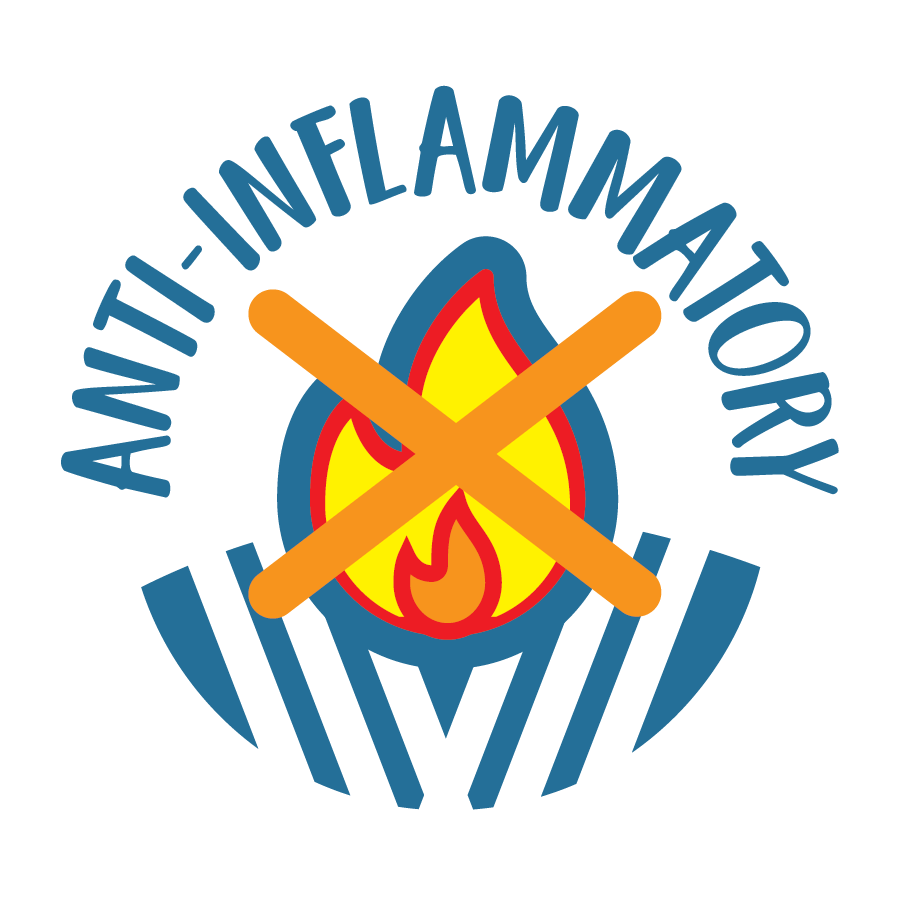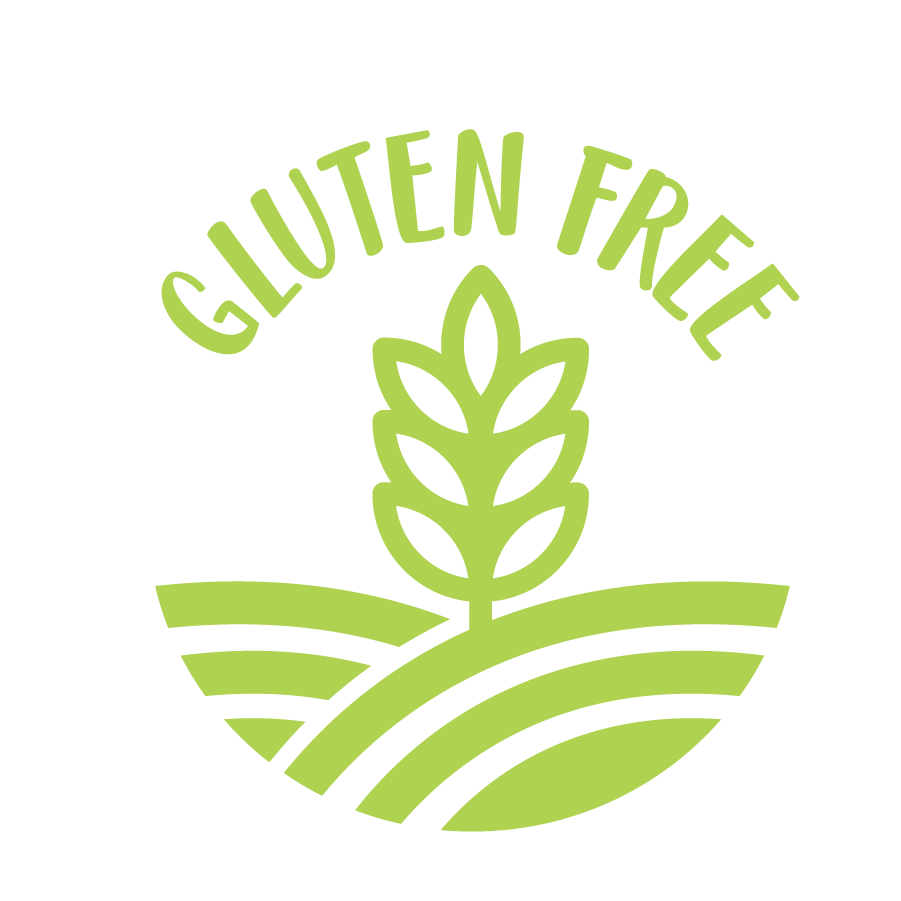Rescue: Volhard’s New Hypo-Allergenic, Anti-Inflammatory Diet: The Natural Answer to Allergies and Inflammation in your dog.
Posted by Jennifer Carter on Sep 27th 2019
 What makes Rescue Hypoallergenic?
What makes Rescue Hypoallergenic?
The definition of the word hypoallergenic is "having a decreased tendency to provoke an allergic reaction". The ingredients in Volhard’s hypo-allergenic dog food exclude common allergens such as certain proteins, vegetables and fruit, wheat protein or soy, thereby minimizing the risk of an allergic reaction. Research was conducted on many dogs of different breeds, ages and sexes across the country gathering data on food ingredients that cause dogs to have allergic reactions or sensitivities. Rescue is a diet in which the ingredients excludes these types of reactions.
You as the customer can add the protein needed for your dog (we recommend 80/20 beef) for 6 days and one day of fish (we recommend canned mackerel) in order to tailor this food to your dog’s needs.

What makes the Rescue diet different?
Rescue is a dehydrated functional food blend developed by Wendy Volhard which is Anti-inflammatory, Hypoallergenic and Gluten free! Rescue is crafted in small batches with whole food ingredients and herbs to support the liver, kidney, heart, lungs, stomach and digestive tract. Holistic Proactive Veterinarians agree that a fresh, healthy and balanced higher protein, low-glycemic diet that includes functional foods can help dogs reduce inflammation while preventing, managing and overcoming serious health conditions.
When mixed with 80/20 beef and water, the foundation mix provides a complete and balanced diet for dogs who are suffering from sensitivities to grains, experiencing chronic ear and skin inflammation and inflammatory diseases and need a food low on the glycemic index.
What is Inflammation?
In order to best understand how the diet works, we need to all get on the same page about the difference between acute inflammation and chronic inflammation. Inflammation is actually a normal, complex biological response that’s necessary for our dog’s survival! Inflammation is a defense mechanism triggered by the immune system when it recognizes harmful stimuli, such as pathogens, damaged tissue, or irritants. The immune system initiates a response to the attack to these foreign invaders or in order to repair cell damage, which enables our bodies to heal.
So what’s the problem? Nothing with acute inflammation but what happens when that acute inflammation becomes chronic. In the presence of an unhealthy non species appropriate diet, an inundation of environmental triggers and the response to sensitivities to certain foods over a long period of time, the immune system can become dysfunctional. And when the immune system gets out of whack, it can cause excessive inflammation or trigger an inflammatory response when it’s not actually needed. An overactive immune system can also lose the ability to distinguish between itself and foreign invaders and begin targeting its own tissues and organs, leading to autoimmune disease.
The Difference Between Acute and Chronic Inflammation
As mentioned above there is a difference between acute and chronic inflammation. Inflammation is a totally normal function of the dog’s body. Acute inflammation happens when there is an immediate need for the dog’s body to heal itself.An example of this might be when your dog runs a fever or swelling of one of your dog’s limbs after an injury. These are signs that the dog’s body is recovering. And once the dog’s body has done its anti-inflammatory job, the signs of inflammation (the fever, the swelling) disappear. Back to normal.

Chronic inflammation is different because it doesn’t happen right away and is the type of inflammation that can lead to serious damage and diseases. It can take days, weeks, months, or even years to start noticing symptoms of chronic inflammation. An example of this is heart disease. Heart disease is actually a disease caused (or greatly exacerbated) by chronic inflammation. The thin layer of cells that line blood vessel walls, called the endothelium, can be damaged by anything harmful entering the bloodstream (i.e. pollution, pesticides, processed food). This repetitive injury to the endothelium causes the immune system to dispatch white blood cells, which multiply; this is how inflammation is supposed to function. But when these inflammatory cells stay within the blood vessel walls for too long over an extended period of time, they cause the build-up of dangerous plaques. And when these plaques explode inside of an artery, a heart attack or stroke may occur.
Heart disease is just one possible product of chronic inflammation, but the idea is the same for so many diseases and health issues: when the dog’s body thinks it is under attack by a stressor, the immune system fights back. Inflammation is a sign that the immune system is on the attack due to real or perceived stress.
Some Symptoms of Chronic Inflammation:
- Digestive issues
- Low energy
- Body pain, especially in the joints
- Skin issues and chronic ear infections
- Autoimmune disease, like arthritis, thyroid, celiac disease
- High blood glucose
- High cholesterol
- Allergies to food ingredients and environmental exposure
What Causes Chronic Inflammation?
The good news is that chronic inflammation is largely due to a poor diet. (...that’s good news, because we can fix it nutritionally!). The most common causes of chronic inflammation are digestive issues, a highly processed diet, toxins, allergens, infections, and chronic stress.
Another common cause of chronic inflammation is a damaged gut lining, often called “leaky gut syndrome.” Without a healthy mucosal lining, the tight cellular junctions of the gut weaken, allowing food particles and bacteria to pass out of the small intestine and into the bloodstream. These food particles are not supposed to be in the bloodstream and so they appear foreign to the body, often triggering an immune response. “Leaky gut syndrome” can be caused by chronic stress, food sensitivities, and gut infections. So, the health of the gut is really important here so let’s focus on how the Rescue diet helps to heal the gut.
What is a Functional Food?
Functional foods are foods that have a potentially positive effect on health beyond basic nutrition. The research focus has shifted more to the identification of biologically active components in foods that have the potential to optimize physical and mental well-being and which may also reduce the risk of disease. A familiar example of a functional food found in Rescue is parsley because of its anti-inflammatory properties that help promote good kidney health and antimicrobial properties that promote good urinary health.
Functional foods include:
- Conventional foods such as grains, fruits, vegetables, and nuts.
- Modified foods such as yogurt.
- Medical foods such as special formulations of foods for certain health conditions.
- Foods for special dietary use such as anti-inflammatory or hypoallergenic foods.
Chronic inflammation, which is an internal inflammation that persists and serves no healing purpose, is linked to many health issues including obesity, heart disease, cancer, and arthritis. Chronic inflammation serves no such purpose and is detrimental to overall health.
Chronic inflammation in dogs is as harmful to their health just as it is to humans. Lack of exercise, stress, and poor diet are the causes. One of the keys to keeping a dog’s inflammation at bay is a fresh, natural and varied species appropriate diet.
Rescue uses ginger that combats inflammation and settles the stomach. Herbs contain an assortment of vitamins and
minerals and can be a great way to prevent chronic inflammation. Besides being anti-inflammatory herbs can improve the taste of the food. Furthermore, herbs can act as natural preservatives and can extend the freshness of dog food and eliminate the need for artificial (and potentially harmful) preservatives. Ginger is recognized as the best anti-nausea herb and is well tolerated by dogs. It acts as a digestive tonic, relieving stomach aches and intestinal gas. It also stimulates the digestive juices and helps expel worms.

There are several other foods that have anti-inflammatory properties that have been included in Rescue:
● Animal-based omega 3 fatty acids, like those found in fatty fish
● Leafy greens and vegetables, including broccoli, squash, beets, zucchini and pumpkin.
What does energetically balanced mean for your dog?
The old adage that “you are what you eat” applies here. Food is classified as having various properties such as cooling, warming, etc. The cooling foods help to bring down the inflammation throughout the body. Foods like venison and lamb are considered the warmest of proteins and, to an allergic dog, would greatly increase the heat in the body and the allergic reaction. Incorporating cooling foods into an allergic dog’s diet will help to resolve the underlying disharmony that is causing the reaction.1

Chart from Four paws, five directions : a guide to Chinese medicine for cats and dogs.
Protein Choices
We recommend 80/20 Beef because of its neutral properties and most dogs are not sensitive to a good quality grass fed beef. You should consider using Cooling proteins if beef cannot be tolerated. For variety, you also can use fish as an alternative. Small fatty fish such as whitefish, Herring, sardines, smelt or wild caught fish like mackerel. Pork Liver is included in this diet instead of chicken liver because of its neutrality.


Vegetable Choices
The Cooling ingredients included in Rescue are cooling such as broccoli, kelp and flaxseed oil. Neutral Vegetables have been added to Rescue including Beet Root and Pumpkin. Squash is a warming vegetable but is neutralized by the other cooling vegetables included in the diet. The Rescue diet can be made warmer or cooler used in combination with other types of foods to add variety and choice or to decrease the harshness of a very cold or very hot diet.
So how do help my dog start the healing process?
1. Change Your Dog’s Diet to RESCUE: Reduce Chronic Inflammation- This is a big one.
2. You can introduce Rescue by adding a small amount to your existing food. Start small, and each day increase Rescue and decrease existing food. Do this over 5 days which reduces the chances of an upset tummy.
Here are the main tenets of the Volhard Rescue -an anti-inflammatory, hypoallergenic diet.
● RESCUE HAS WHOLE FOOD INGREDIENTS : Your dog will enjoy high-fiber vegetables, seeds, herbs, and healthy fats (especially omega-3s), which are naturally anti-inflammatory. Rescue has 100% freeze dried pork liver which provides all of the essential amino acids and taurine so your dog can thrive while also reaping the benefits of a hypoallergenic organ source. Then you add a high-quality protein!
● DITCH THE PROCESSED FOODS : When you change the dog’s diet from kibble to fresh natural foods, your dog

stops eating sugars, highly processed oils, refined carbohydrates, and artificial ingredients. These are inflammatory to the body.
● THE RESCUE FORMULATION REMOVES COMMON INFLAMMATORY FOODS: Certain proteins, dairy, gluten, GMO sourced ingredients and vegetables can exacerbate a chronic inflammatory response. Eliminate these foods to

calm inflammation until the body has healed.
● RESCUE IS A DEHYDRATED FOOD: Mixing with water at every meal allows your dog’s cells to be properly hydrated to perform their anti-inflammatory functions.
*NOTE: Some healthy, whole foods can be problematic for dogs with specific food sensitivities. If you suspect food sensitivities, work with a Veterinarian to understand your dog’s needs.
References:
Schwartz, Cheryl (Cheryl M.). (1996). Four paws, five directions : a guide to Chinese medicine for cats and dogs. Berkeley, Calif. :Celestial Arts
https://www.google.com/search?rlz=1CAOTWH_enUS865&...
NS7uW6Dm_7RaW2sxr3k4Ll4ZvHg2Q%3A1568910979285&sa=1&ei=g66DXbyHEdjT-wSovZrABg&q=e
nergetically+balanced+foods+TCM+for+dogs&oq=energetically+balanced+foods+TCM+for+dogs&gs_l=i
mg.3...92417.93432..93616...0.0..0.0.0.......0....1..gws-wiz-img.C8Ms6FHscNE&ved=0ahUKEwj81OrsqN3
kAhXY6Z4KHaieBmgQ4dUDCAc&uact=5#imgrc=xg-KEzbVOiZB7M:


